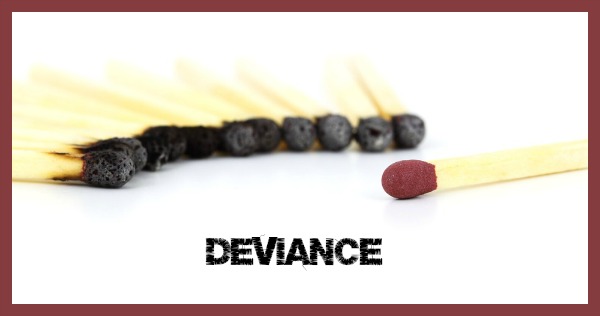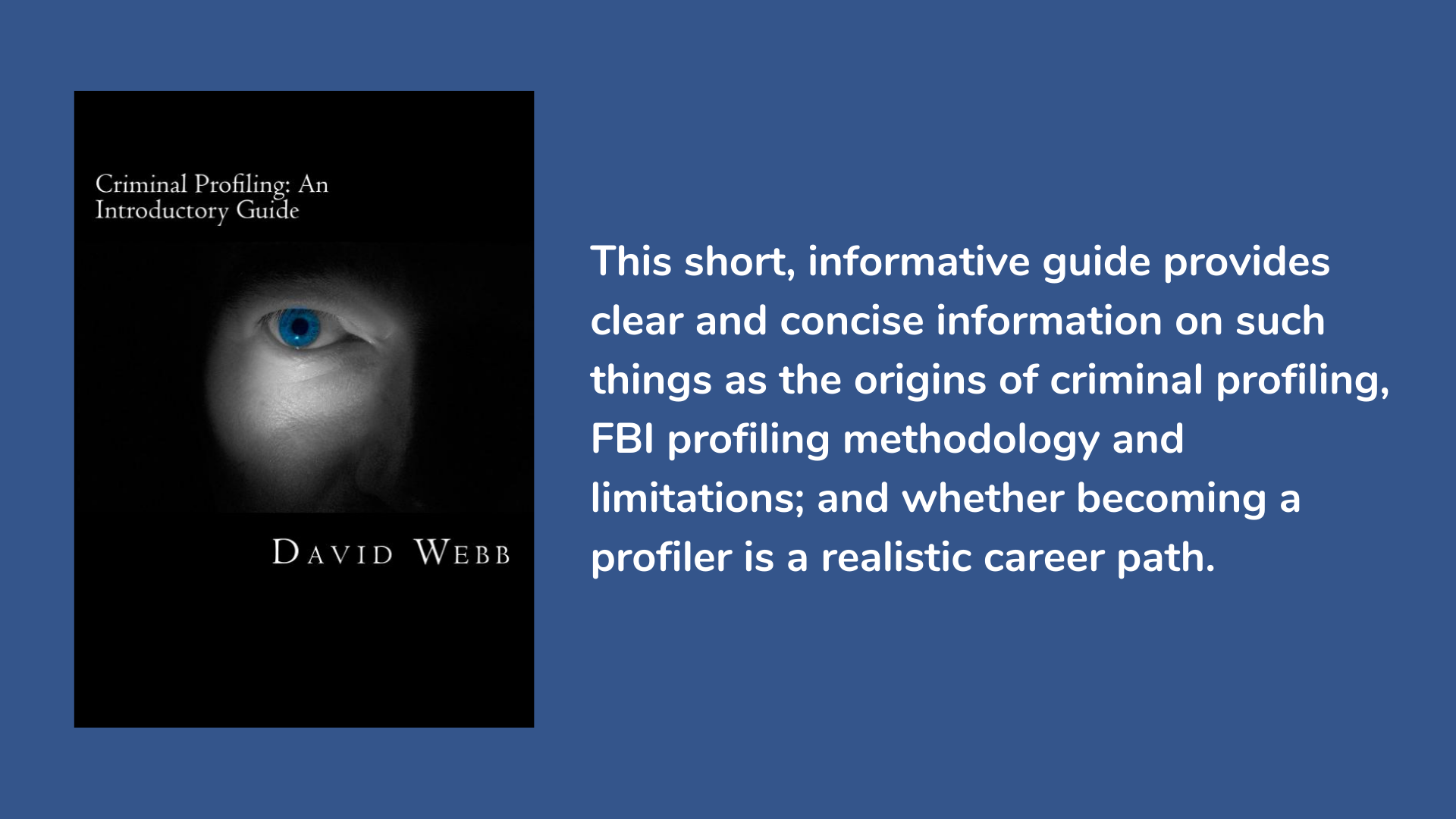Understanding Deviance
Deviance: A Multiform Social Construct
Writing in the Sociology of Deviant Behavior, Marshall Clinard and Robert Meier note that while people are generally confident in their understanding of what constitutes deviance, the fact is that 'no consensus reliably identifies behavior, people, or conditions that are deviant,' particularly in relation to emotive issues such as drug use, homosexuality etc.
Deviance does not exist in a vacuum, it shifts in response to historical, cultural, political and societal expectations. As a result, work on the nature of deviance takes many forms. Although common areas of interest do exist. Namely:
- Interest in behavior which departs from social norms or socially acceptability.
- Interest in the social processes which lead individuals or groups to be regarded as deviant.
- Interest in the reactive nature of deviance e.g. how certain behavior becomes identified, construed and propagated as worrying, threatening or disturbing.
"The deviant is one to whom the label has successfully been applied: deviant behavior is behavior that people so label." (Howard S. Becker)
Topics typically explored within the academic study of deviance include:
Crime and Criminalization
Addiction
Child and Elder Abuse
Poverty
Sexual Deviance
Sociopathy
Elite Deviance
Race and Ethnicity
Structural and institutional violence
Mental Disorder
Belief Systems
It is the Deviants Among us Who Hold Society Together
Insightful Animation about social deviance and social control from Dalton Conley's book, You May Ask Yourself: An Introduction to Thinking Like a Sociologist.
Recommended Reading
Go From Deviance Back To The Home Page



New! Comments
Have your say about what you just read! Leave me a comment in the box below.